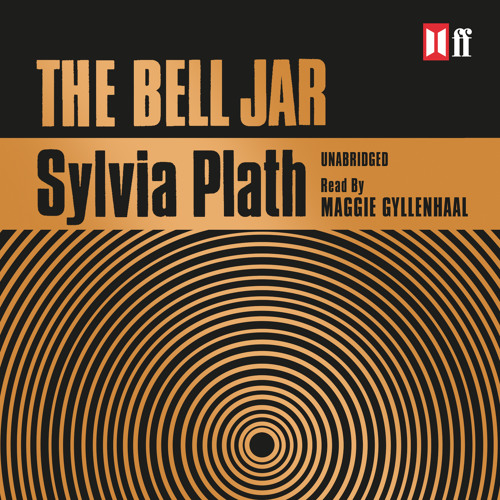
A few weeks later, Plath, estranged from Hughes and living alone in London with their two small children, gassed herself. American publishers had turned it down then, finding it deficient in plot and cohesion-“We didn’t feel you had managed to use your materials successfully in a novelistic way,” one editor wrote to Plath.

The Bell Jar had been published in the UK under a pseudonym, to middling reviews, in 1963. In the end, he wrote to Sylvia Plath’s mother, Aurelia, asking for her blessing to sell one of his other assets: her daughter’s first and only novel, written a year before her suicide in 1963, for which Hughes suspected there might now be a market in the United States. Of course he could have sold one of his two other homes, but one was the home he had shared with his now deceased ex-wife Sylvia Plath, another was a solid investment, and so on. There was a charming seaside house he wanted to buy, in Devonshire, but the necessary funds weren’t at hand.

In March 1970, the poet Ted Hughes found himself in a tricky real estate situation.


 0 kommentar(er)
0 kommentar(er)
